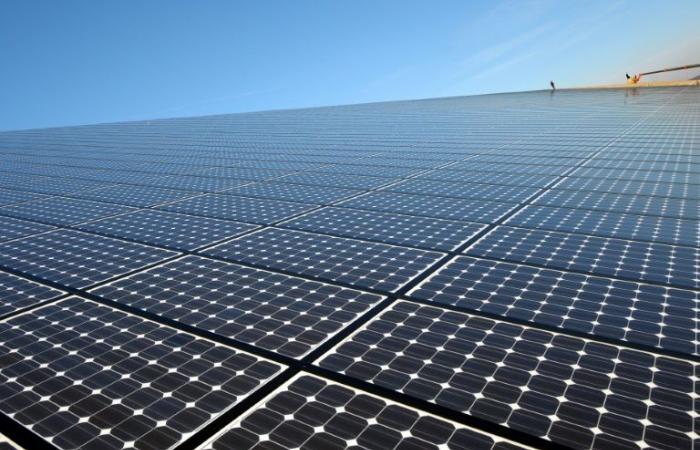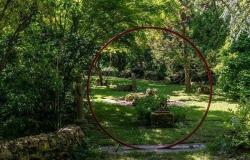
“The largest” solar panel factory in Europe will be built in Moselle in Hambach.
A “fundamental” step for what is presented as the largest photovoltaic panel factory in Europe: the prefect of Moselle signed on Friday the environmental authorization and the building permit for the establishment which must begin producing in 2026 in Hambach.
The new factory, presented by the company leading the project, HoloSolis, as “the largest in Europe“, should ultimately create 1,900 jobs for an investment of 850 million euros, according to the prefecture.
This signature constitutes “a very important, structuring and fundamental stage of the project, because without a building permit, of course, you cannot undertake anything“, confided Jan Jacob Boom-Wichers, president of HoloSolis, an offshoot of the European group InnoEnergy.
And to obtain environmental authorization relatively quickly for France, HoloSolis explained that it had “worked extremely closely with the Region, with the Moselle prefecture, with all the different associations” pour “meet their expectations“, he continued.
When operating at full capacity, from 2028, the factory will ensure annual production of photovoltaic panels with a cumulative power representing the energy consumption “of a million homes“, according to the company.
This will represent the production of 10 million photovoltaic panels for a total capacity of 5 Gigawatts, which will meet “around 8% of European imports of Chinese panels“, according to the company.
-For 2025, HoloSolis will work to “all detailed studies” pour “calculate to the nearest centimeter how the factory (will be) built.
Then will come the time for calls for tenders and the selection of suppliers and partners for the actual construction of the building.
At the same time, negotiations are ongoing, and many future European customers have already signed letters of intent or made commitments by investing in the factory, according to Jan Jacob Boom-Wichers .
“We are delighted that the company has today obtained all the authorizations to begin a new, more concrete and operational phase of the realization of this project and its ambitions.”also declared Roland Roth, president of the Sarreguemines Confluences urban community (CASC), where the site will be built.
The establishment of the factory will offer the CASC “a new dynamic demographic phase as well as significant economic and fiscal benefits”with “positive effects on the creation of housing, the growth of training” or even “investments in public facilities“, he continued.





